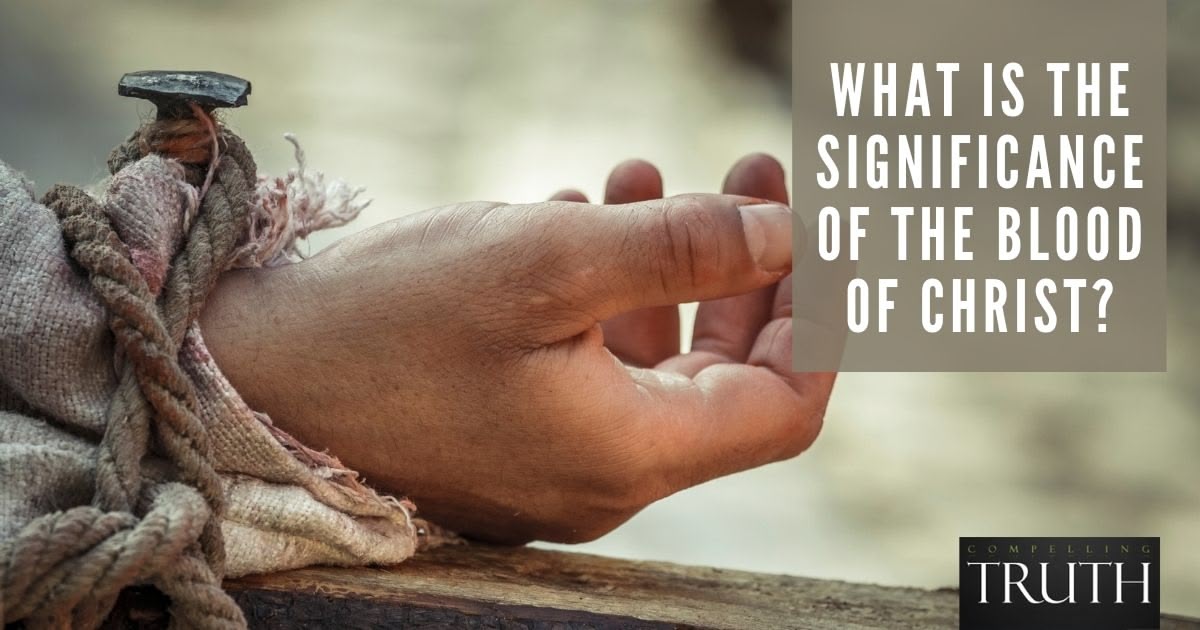Luke 22:20 records Jesus saying, "This cup that is poured out for you is the new covenant in my blood" (cf. Matthew 26:28; Mark 14:24). Jesus made this statement during the annual Passover meal. The Israelite people had been waiting for generations for God to institute His promised new covenant (Jeremiah 31:31–34; 32:39–40). Jesus' declaration at the Passover meal was the announcement that His death on the cross would be the beginning of these promises being fulfilled. Through His sacrifice, we are invited into a relationship with God marked by forgiveness, transformation, and eternal life. The new covenant means we are no longer bound by the old system of sacrifices but are freely embraced by God’s grace, with His law written on our hearts and His Spirit dwelling within us (Jeremiah 31:33; Hebrews 8:6–13).
Understanding that the cup referred to the new covenant, we must also understand the role of blood. When a covenant was made between two parties, one customary step in the process was to co-mingle their blood by dripping some blood into a common cup and then drinking from that cup to seal the agreement and symbolize their new relationship. Thus, Jesus offering this Cup of Redemption in His blood was His invitation to His followers to enter this new covenant relationship with Him. Every person can accept this invitation to receive forgiveness, the indwelling Holy Spirit, and a new personal relationship with God by recognizing Jesus' role as your High Priest and allowing Him to reign as King in your life. Understanding the situational context of the Passover Seder, the biblical context of the promise of a new covenant, and the cultural context of blood in making covenants, perhaps now we have a new grasp on what Jesus meant when He said, "This cup that is poured out for you is the new covenant in my blood" (Luke 22:20).
Just as the Israelites longed for the fulfillment of God's promises, we, too, are invited to live in the new covenant relationship with God through Jesus. By accepting Jesus’ sacrifice, we receive forgiveness and the Holy Spirit and are called to live in a way that reflects His reign as King in our lives. The new covenant was a fulfillment of God’s promises and is an invitation to experience transformation, to walk in newness of life, and to share the good news of this covenant with others. As we remember Jesus’ sacrifice by His blood, we are reminded to continually live in the freedom and dynamic relationship with God that this new covenant brings.




